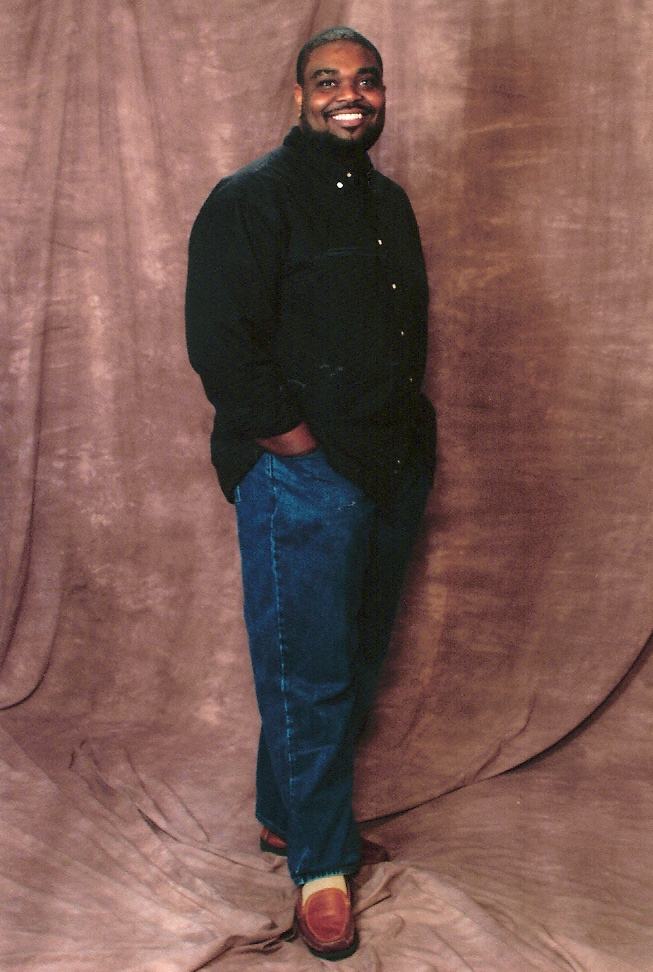What now passes for "authentically black" really isn't!
In reality it is simply hip-hop culture; urban slang, gangsta rap, baggy clothes, and the entire 'thug life' in general. Unfortunately, hip-hop as a brand name has been so successful that when people--black, white, red, yellow, whatever--think of "black" they envision "hip-hop."
I have a hard time believing that folks like Martin Luther King and Malcolm X would pass the "black" litmus test that many are all too quick to give in our contemporary setting. These men--along with many others--were thoughtful, well-spoken, socially courageous men who sought to elevate the black community through African-American advancement in endeavors other than sports, music, dance, etc...
For example, as a boy I had a high bar set for me educationally. My father grew up in the inner-city of Jackson, Mississippi. (Now, if there is a racist place on earth it is definitely in Mississippi.) Yet my father and each of his three brothers maximized the opportunities given them, and that was in a day and time when there weren't near as many opportunities available. The cousin's, the children of my dad's three brothers, my brother and myself have come to own businesses, have been successful in the military and law enforcement world, made millions in the tech boom of the late eighties and early nineties, and--some would say--have done a pretty good job in ministry. In many ways, my cousins, my brother and I are the picture of the American dream. Our grandfather, didn't finish the 3rd grade. He worked the land, and my grandmother cleaned rich, white people's houses, and watched neighborhood kids for money. My dad, and his brothers, Forrest, James, and John, made the most of their opportunities and viewed leaving "the 'hood" as the objective to life. The same was true of my parent's friends whom I knew as I child. They became doctors and lawyers, university professors and entrepreneurs. This did not make them less black, but it did make them optimistic.
What is so desperately lacking in much of the black community is simply optimism; the belief that hard-work and catching a break here and there would lead to a better life. (And by the way, both those things are important. I reject the right-wing position that success is all about hard-work, but I equally reject the leftist position that everything comes down to breaks. For an economic underclass to rise, people need both.) Truly, nihilism is so deeply embedded in some parts of the black community that anyone who makes it out is considered some kind of race-traitor or is trying to be something or someone that they are not. The logic flows like this: Our case is hopeless, everyone hates us, we're doomed to this fate, therefore those who make it out must have acquiesced to "whitey", so they are no longer "black enough".
Now, let me say, if you're black in America, things can often seem hopeless, and there are plenty of people who hate you and even more people who practice a working racism and don't even know it. I'm not saying that racism doesn't exist or that there aren't obstacles to overcome. What I am saying is that the racism faced today may be more subversive, but is certainly no more severe than what my father, his brothers and his friends endured in the days of institutional racism and Jim Crow and they reached farther and achieved far more than their father could have.
There was time in America when being authentically black meant being an overcomer rather than being overcome. I love this quote from Joseph C. Phillips: "At the close of the Civil War, black Americans were almost ninety-percent illiterate. One generation later we had created colleges and universities, had thriving business centers and an entrepreneurial class that was growing. We were practicing law and medicine; we were architects and craftsmen. Today, just 130 years removed from bondage, we sit on the heads of major corporations, run city and state bureaucracies, are leading experts in the fields of medicine and law, and set trends in music, fashion, and pop culture. There was a time in this country when men of letters were celebrated. It would not be unusual to find photographs of intellectuals like W.E.B Dubois, Paul Robeson, Langston Hughes, or Zora Neal Hurston hanging in black homes. Today we brag about our sons' field-goal percentage."
I'm interested in recapturing the essence of what it means to be authentically black. What it has meant to be black in America since we were brought here, and not just what it has come to mean in the last 20 years. I'm optimistic that we can. What about you?
More to come..
Subscribe to:
Post Comments (Atom)

2 comments:
Hey Sean - great job again. FWIW - I saw the roster at Pepperdine with you on it and would have absolutely been in your class had I been able to attend. I think something like this needs to be done in Texas - particularly east Texas. I hope to meet you some day in Abilene, Houston or somewhere.
I'm optimistic, but I need a lot of help. Thanks for the help, Sean.
-Russ
Post a Comment